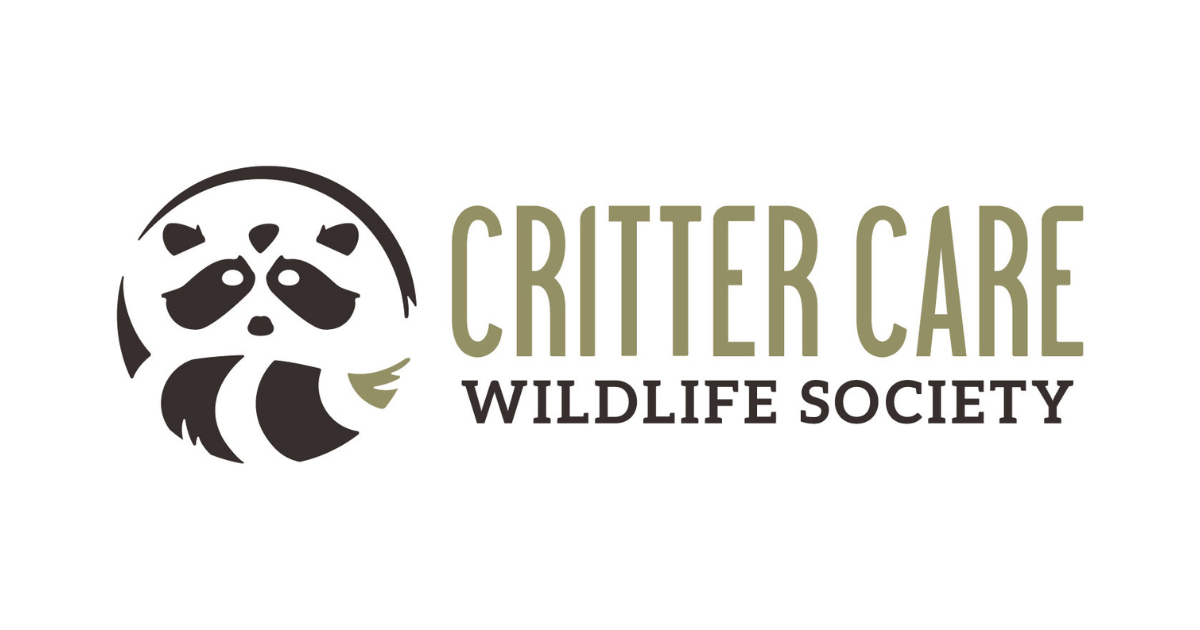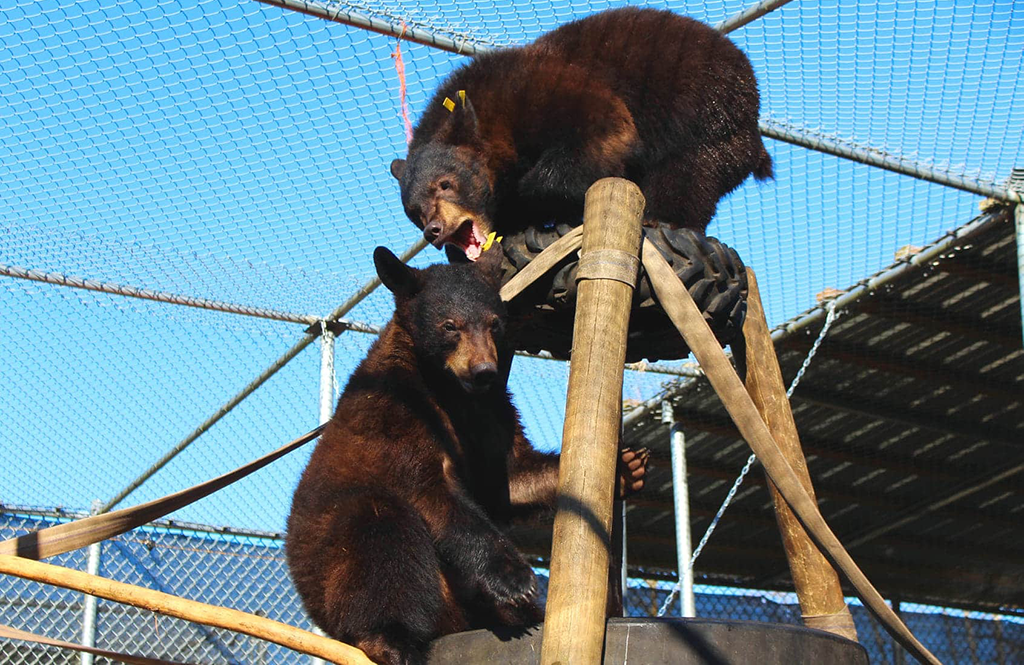The Well-being of the Environment
Local wildlife is a crucial component for the well-being of our environment and its inhabitants. From maintaining the balance of nature to preserving biodiversity, wildlife plays a vital role that directly impacts future generations. Not only does it contribute to the pollination of plants and control insect populations, but it also provides several benefits to humans, including pest control, healthy soil for agriculture, and indicators of environmental health.
Additionally, conserving wildlife brings economic advantages through activities like ecotourism, which boosts local economies and creates job opportunities.
In this blogpost, we will explore the significance of conserving local wildlife and its far-reaching benefits.
The consequences of losing local wildlife are significant and far-reaching. Habitat loss, climate change, and a lack of biodiversity can have detrimental effects on ecosystems, putting wildlife at a greater risk of disease.








